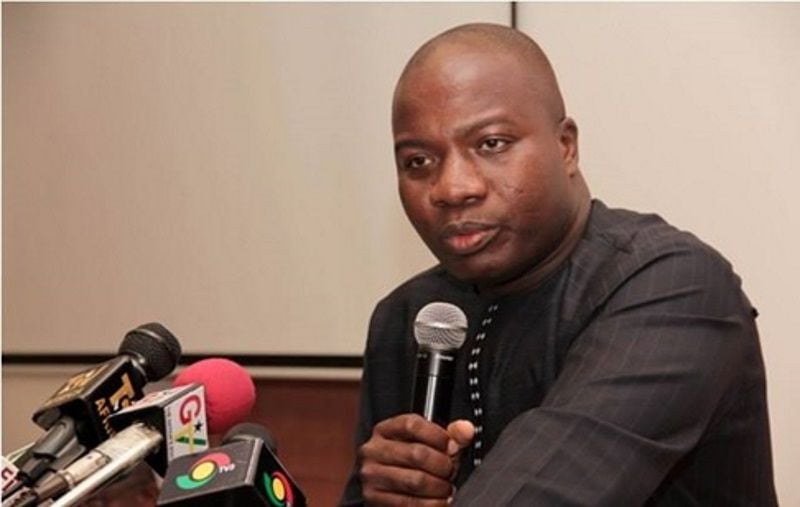The ongoing saga involving former Finance Minister Ken Ofori-Atta’s refusal to cooperate with investigations by the Office of the Special Prosecutor (OSP) has taken a new turn, escalating tensions within Ghana’s Parliament. Majority Leader Mahama Ayariga has launched a scathing attack on Minority Leader Alexander Afenyo-Markin, accusing him of dishonesty and a lack of credibility for failing to deliver on a promise to ensure Mr. Ofori-Atta’s appearance before the OSP. This latest development underscores the deep political divides within the parliament and highlights the challenges in holding powerful figures accountable for alleged wrongdoing.
The controversy stems from Mr. Afenyo-Markin’s assurance to Parliament in February that he would personally intervene and persuade Mr. Ofori-Atta to cooperate with the OSP’s investigations. This pledge came after the OSP initially declared the former Finance Minister a wanted fugitive for evading their summons. However, despite Mr. Afenyo-Markin’s assurances, Mr. Ofori-Atta continued to disregard the OSP’s requests, leading to a renewed declaration by Special Prosecutor Kissi Agyebeng on Monday, June 2nd, labeling Mr. Ofori-Atta a wanted fugitive.
Mr. Ayariga seized the opportunity during Tuesday’s parliamentary session to publicly denounce Mr. Afenyo-Markin, characterizing his unfulfilled promise as a breach of trust and a demonstration of his unreliability. He emphasized the importance of upholding promises made within the House, arguing that Mr. Afenyo-Markin’s failure to produce Mr. Ofori-Atta undermines his credibility and renders his future assurances suspect. This public rebuke has further inflamed the already tense relationship between the majority and minority parties, adding another layer of complexity to the ongoing Ofori-Atta affair.
Reinforcing his criticism, Mr. Ayariga also reminded Parliament of another instance where Mr. Afenyo-Markin failed to deliver on a public commitment. He referenced a previous incident in which Mr. Afenyo-Markin pledged to lead his caucus in an overnight protest at the Economic and Organised Crime Office (EOCO) following the detention of NPP Ashanti Regional Chairman, Bernard Antwi Bosiako, popularly known as Chairman Wontumi. Mr. Ayariga pointed out that Mr. Afenyo-Markin departed the protest much earlier than promised, highlighting a pattern of unfulfilled pledges. By drawing parallels between these two incidents, Mr. Ayariga sought to portray Mr. Afenyo-Markin as lacking in integrity and consistency.
The implications of Mr. Afenyo-Markin’s failure to deliver on his promise extend beyond the immediate political sparring. It raises concerns about the effectiveness of parliamentary oversight and the ability of the legislature to hold influential figures accountable. If assurances made within the hallowed halls of Parliament can be so easily disregarded, it weakens the institution’s authority and erodes public trust in its ability to serve as a check on executive power. Moreover, the incident highlights the challenges in enforcing compliance with investigations, particularly when individuals hold significant political clout.
This public clash between the Majority and Minority Leaders further complicates the already tense political climate in Ghana. The Ofori-Atta issue has become a focal point of contention between the ruling and opposition parties, with each side accusing the other of political maneuvering. The failure to secure Mr. Ofori-Atta’s cooperation with the OSP investigation raises questions about the independence of the institution and the potential for political interference. As the standoff continues, it remains to be seen how this incident will impact the relationship between the two sides of the House and the broader political landscape.


